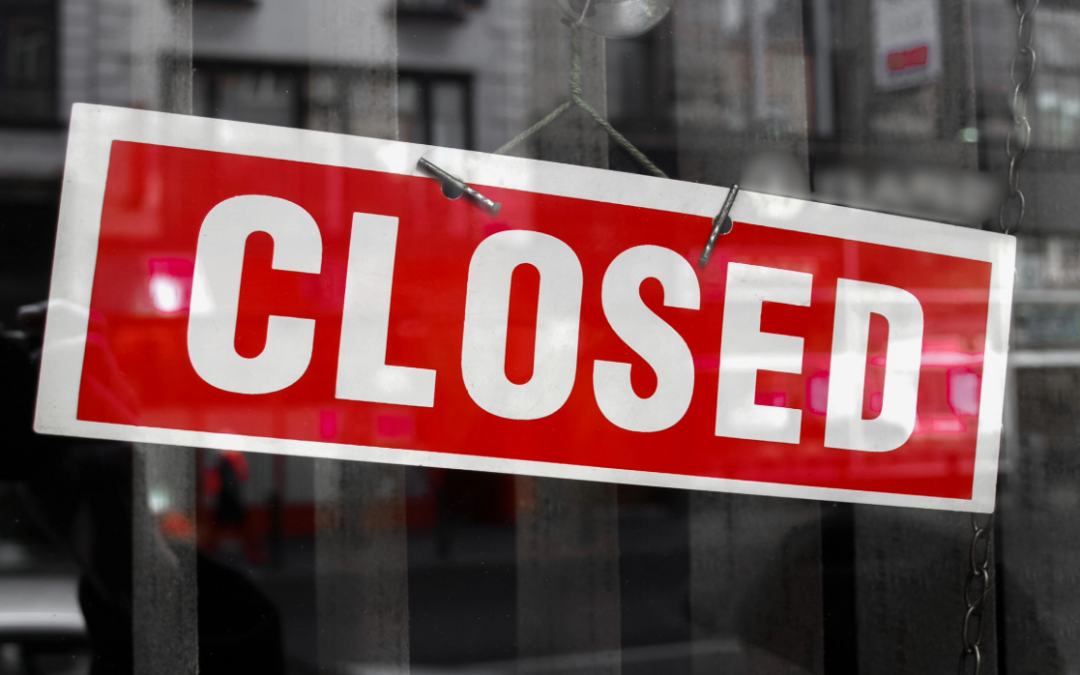Financial insecurity and limited free time plague our communities. How do we sustain the lifeblood of the underground?
The relative silence around this issue is becoming more ominous, with the real threat of closure due to financial constraints is a reality many small businesses face. These closures impact the local economy and community. These venues are not just stages for the up-and-coming artists and the unknown. They infuse life into the local economy beyond their employees; it includes the vendors and subcontractors they support. Moreover, they serve as community hubs by hosting events that bring people together. In the face of the extreme division that plagues many countries, but especially here in the United States, fostering social connections and forging a sense of belonging is more needed than ever.
I can encourage you to take that risk because your money has more of an impact on an independent venue and an underground band, but the problem is deeper than people not showing up. People are exhausted, working full time or working multiple jobs, and still struggling to make ends meet. They can help for free by promoting the venue and spreading the word about upcoming shows, but that is not going to be enough to save these businesses if people do not have the time or the money.

I’m not going to pretend to have all those answers, I would just like to see a shift in the discourse in the artistic spheres before they are gone. My hope is by working together, we can ensure that our local music scene is preserved for future generations. As we navigate this rapidly changing landscape, it is essential to remember that the loss of independent venues would not only silence many local acts but significantly impact touring bands. Further concentration of ownership in the music industry will not be good for bands, local economies, or wages. We have seen that play out in every industry, and the ones we thought were safe are being swept up by conglomerates.
Resources for Venue Owners
There are people working together to help venues navigate the changes facing the live entertainment industry. Here are a few places I found that may help venues. I’m not affiliated with any of them.
National Independent venue Association
As the nation’s live entertainment association, NIVA’s mission is to preserve and nurture the ecosystem of independent performance venues, promoters, and festivals throughout the United States.
Live Music Society
Music in Action (MiA) grants are core to the organization’s mission to recognize and protect small venues and listening rooms across the United States so that live music can remain accessible to all.
Three of my favorite independently owned venues in Ohio:
Westside Bowl is located in Youngstown, Ohio. Nate and Jami created the venue to bring music to the area and provide a safe place for touring bands to not only perform but also eat and sleep. Every aspect of their club is designed with artists and fans of music in mind. There’s a great little record shop, Cycle Breakers Records and Tapes, inside too. They get a good deal of rare records that are reasonably priced. They have *the best* pizza: I recommend pepperoni and pickles. Ya heard me! The bowling is very old school, but cheap and fun.
No Class is located in Cleveland. For years it was called Now That’s Class until Emma took it over two years ago. I’ve always liked the club, but really love the changes Emma has made. Strong women should be running more businesses. Emma gets some of the best shows in, is a strong supporter of marginalized groups, and has zero tolerance for abuse in the music scene.
Zephyr is a bar in Kent, Ohio. They aren’t always doing shows, but it sure is fun when they do. Kent used to be home to several music venues/places that hosted live music. Over the years they have closed. The Zephyr has started filling the hole that The Stone Tavern left. However, it has faced some backlash from some members of the community who don’t like the noise that comes with live music (especially when they do it outside).

